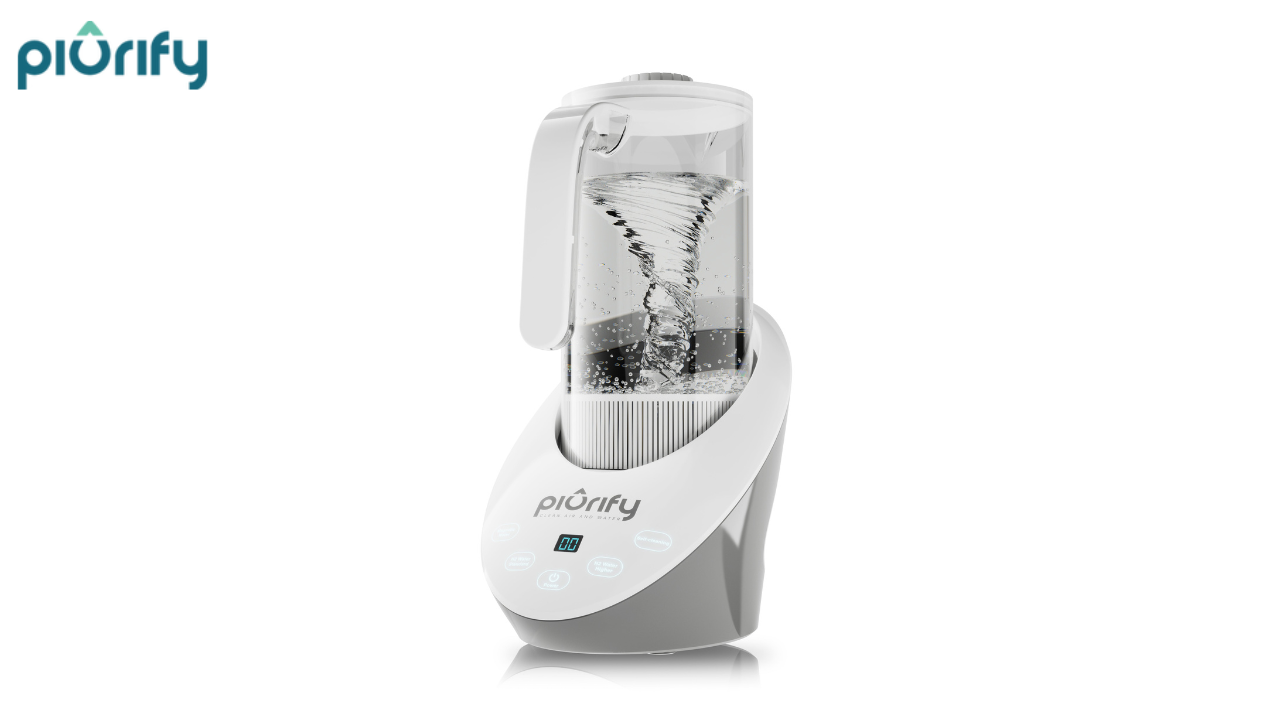Hydrogen water machines have emerged as a promising technology in the quest for improved health and wellness. These devices, which generate hydrogen-infused water, have gained traction among health-conscious individuals seeking alternative means to enhance hydration and potentially reap various health benefits.
Hydrogen water machines, also known as hydrogen water generators or hydrogen water ionizers, are devices designed to produce water enriched with molecular hydrogen (H2) gas. Molecular hydrogen, despite being the smallest molecule, exhibits unique properties that have attracted scientific interest in recent years. Studies suggest that molecular hydrogen possesses antioxidant, anti-inflammatory, and potentially therapeutic properties, which may confer health benefits when consumed.
Most hydrogen water pumps use electrolysis, a process that turns water molecules (H2O) into hydrogen gas (H2) and oxygen gas (O2). This electrolysis process occurs within the machine’s chamber, where electrodes facilitate the separation of hydrogen and oxygen. The resulting hydrogen gas dissolves into the water, creating hydrogen-rich water ready for consumption.
Key Components And Mechanisms:
Electrodes: Hydrogen water machines contain electrodes, typically made of platinum or other noble metals, which serve as catalysts for the electrolysis reaction. These electrodes facilitate the splitting of water molecules into hydrogen and oxygen ions.
Chamber: The chamber of the hydrogen water machine houses the electrodes and the water reservoir. It provides a controlled environment where electrolysis occurs, ensuring the efficient production of hydrogen-infused water.
Filtration System: Some hydrogen water machine incorporate filtration systems to purify the water before electrolysis. This ensures that the resulting hydrogen water is free from impurities and contaminants, enhancing its quality and safety for consumption.
Control Panel: Modern hydrogen water machines often feature user-friendly control panels, allowing users to adjust settings such as electrolysis duration and hydrogen concentration. These panels provide customization options to tailor the hydrogen water to individual preferences.
Significance And Future Directions:
More and more people are using hydrogen water machines, which is part of a larger shift toward health and wellness that looks at the whole person. As consumers increasingly prioritize preventive healthcare and natural remedies, the demand for innovative solutions like hydrogen water continues to rise.
In the scientific community, research into the health effects of molecular hydrogen remains active, with ongoing investigations exploring its mechanisms of action and therapeutic potential. While further studies are needed to elucidate the precise benefits of hydrogen water, initial findings are encouraging, fueling optimism about its role in promoting well-being.
Moreover, advancements in hydrogen water technology are likely to drive continued innovation in this field. Manufacturers are continually refining hydrogen water machines to enhance performance, reliability, and user experience. As these devices become more accessible and efficient, they have the potential to revolutionize hydration practices and contribute to a healthier future.
Conclusion:
Hydrogen water machines represent a promising avenue for optimizing hydration and potentially reaping various health benefits. By harnessing the unique properties of molecular hydrogen, these devices offer a convenient way to incorporate a functional beverage into daily routines. While research into the health effects of hydrogen water continues, early findings suggest promising outcomes, fueling interest and adoption.
As awareness of hydrogen water grows and technology advances, its significance in the realm of health and wellness is likely to expand. Whether as a tool for hydration enhancement or a potential adjunct therapy, hydrogen water machines have the potential to make a meaningful impact on individual well-being and public health.



